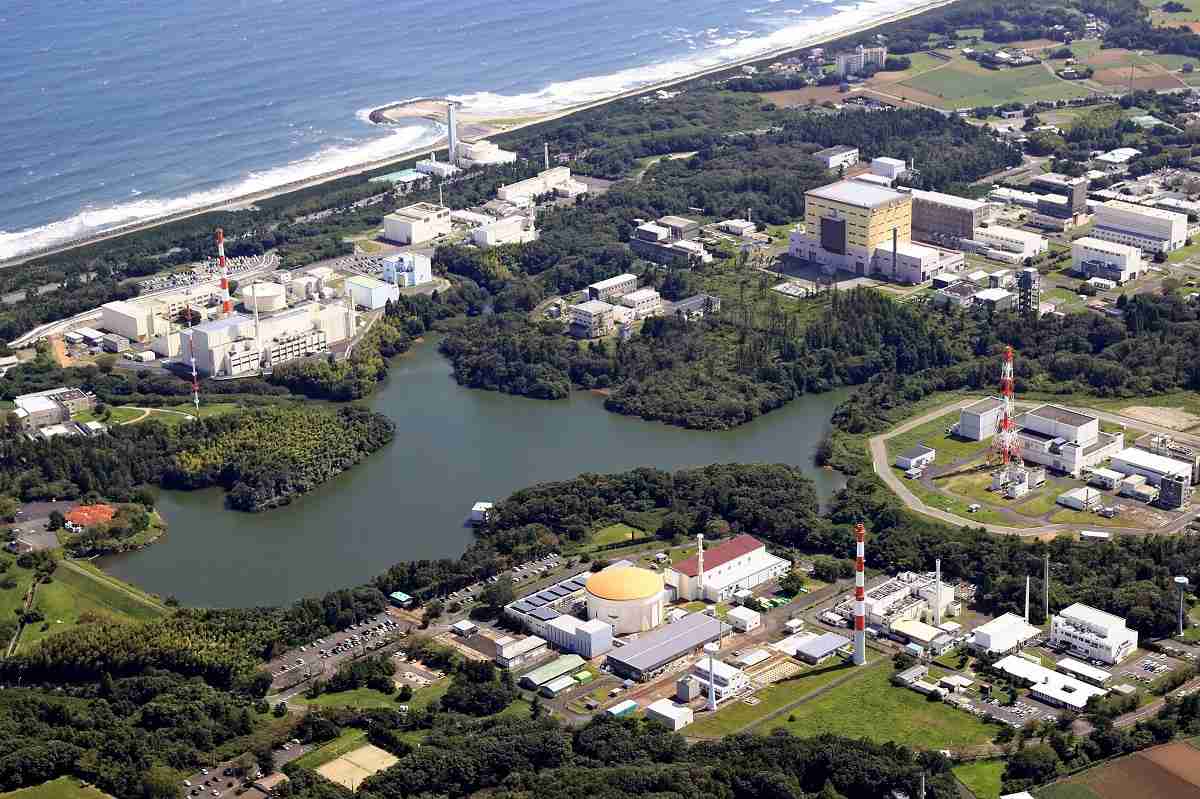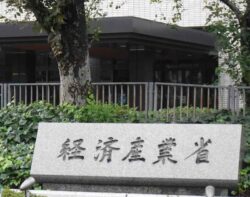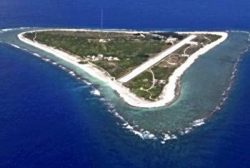
Oarai Research & Development Institute of Japan Atomic Energy Agency in Oarai, Ibaraki Prefecture
17:27 JST, October 30, 2023
Japan and Poland plan to sign a memorandum of cooperation to research and develop a High Temperature Gas-cooled Reactor (HTGR), it has been learned.
The agreement will strengthen ties in areas such as human resources and the construction of related facilities in Poland. The collaboration also aims to help promote the maintenance, development and dissemination of Japan’s technological expertise.
Education, Culture, Sports, Science and Technology Minister Masahito Moriyama is expected to hold an online meeting with Polish Climate and Environment Minister Anna Moskwa in the next few days to officially seal the deal.
The memorandum will detail the promotion of human resources development, capacity building in research institutions in both countries and the sharing of knowledge. It will also reconfirm cooperation regarding the building of research facilities to study storage of thermal energy extracted from gas reactors and hydrogen production.
The document will additionally touch upon the handling of intellectual property — including research data — and include provisions for Tokyo and Warsaw to hold face-to-face or online meetings to monitor cooperation at least once a year.
HTGRs use helium gas to cool reactor cores. Helium gas is chemically stable even at elevated temperatures, reducing the likelihood of pipe corrosion or hydrogen explosions. The use of heat-resistant materials to deal with nuclear fuel and reactor cores drastically lowers the possibility of major accidents — such as a core meltdown — when compared to conventional light water reactors.
In addition to their high level of safety, HTGRs can produce hydrogen as a decarbonized energy source, and there is intense global competition to source such technology.
Japan aims to begin operating a prototype reactor — one step away from a commercial reactor —in the 2030s. The Japan Atomic Energy Agency (JAEA) oversees the experimental HTTR reactor in Oarai, Ibaraki Prefecture. The reactor previously led the world in research accomplishments, including achieving criticality in 1998, but has been inoperative for over 10 years, due partly to the 2011 Great East Japan Earthquake, raising concerns about research stagnation.
To address such concerns, JAEA has been seeking out international cooperation. It has reached an agreement to jointly develop nuclear fuel with a research institution in the United Kingdom developing a prototype reactor.
In November last year, the body also drew up a development-cooperation accord with a Polish research institution. Poland aims to begin operating an experimental reactor in the latter half of the 2020s.
With the new memorandum, the government also hopes to promote domestic infrastructure development.
Top Articles in Politics
-

Japan PM Takaichi’s Cabinet Resigns en Masse
-

Sanae Takaichi Elected Prime Minister of Japan; Keeps All Cabinet Appointees from Previous Term
-

Japan’s Govt to Submit Road Map for Growth Strategy in March, PM Takaichi to Announce in Upcoming Policy Speech
-

LDP Wins Landslide Victory, Secures Single-party Majority; Ruling Coalition with JIP Poised to Secure Over 300 seats (UPDATE 1)
-

LDP Wins Historic Landslide Victory
JN ACCESS RANKING
-

Producer Behind Pop Group XG Arrested for Cocaine Possession
-

Japan PM Takaichi’s Cabinet Resigns en Masse
-

Man Infected with Measles Reportedly Dined at Restaurant in Tokyo Station
-

Israeli Ambassador to Japan Speaks about Japan’s Role in the Reconstruction of Gaza
-

Videos Plagiarized, Reposted with False Subtitles Claiming ‘Ryukyu Belongs to China’; Anti-China False Information Also Posted in Japan



























